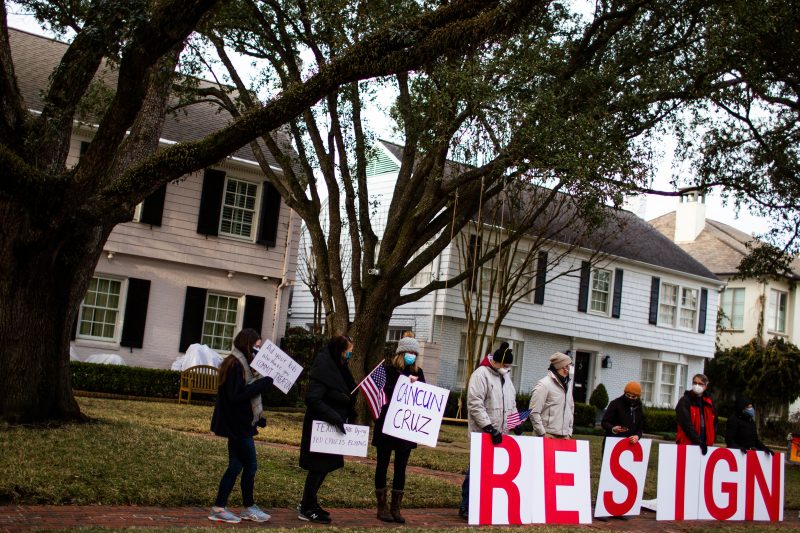In recent years, the issue of governments and politicians attempting to interfere with social media platforms and the content shared by their users has been a subject of contentious debate. This practice, commonly referred to as jawboning, involves exerting pressure on social media companies to remove or censor specific posts, accounts, or information that is deemed undesirable or not in line with the government’s agenda. While some politicians argue that such measures are necessary to combat misinformation, hate speech, and other harmful content, critics contend that they pose a threat to freedom of speech and expression.
One of the key concerns raised by critics of politicians who engage in jawboning is the potential for censorship and the stifling of diverse voices and perspectives. By pressuring social media companies to delete posts or accounts that they deem objectionable, politicians risk creating an environment where only certain views are allowed to be expressed, effectively silencing dissenting voices and undermining the principles of free speech. This can have serious consequences for democracy and the open exchange of ideas, as it limits the ability of individuals to engage in meaningful dialogue and debate on important issues.
Moreover, the practice of jawboning by politicians can have a chilling effect on public discourse and discourage individuals from speaking out on controversial topics or challenging the status quo. If people fear that their posts or opinions may be targeted for deletion or censorship, they may self-censor or refrain from sharing their views altogether, leading to a narrowing of the public discourse and a homogenization of ideas. This not only erodes the diversity of opinions and perspectives in society but also undermines the democratic principle of holding those in power accountable through open debate and criticism.
Furthermore, the arbitrary and selective nature of jawboning by politicians raises questions about the misuse of power and the potential for abuse. When politicians have the ability to influence social media companies to take down content that they disagree with or find inconvenient, there is a risk that this power may be wielded for partisan or self-serving purposes rather than for the public good. This can result in the suppression of legitimate dissent and criticism, as well as the promotion of a one-sided narrative that serves the interests of those in power.
In response to the growing concerns surrounding jawboning by politicians, there have been calls for greater transparency and accountability in the relationship between governments and social media platforms. It is essential that clear guidelines and oversight mechanisms be established to ensure that decisions regarding content moderation are made in a fair, consistent, and transparent manner, free from political interference. Social media companies must also uphold their commitment to free expression and resist pressure from politicians to censor content based on partisan or ideological considerations.
In conclusion, the practice of jawboning by politicians who seek to delete social media posts poses a serious threat to freedom of speech and the open exchange of ideas in society. By pressuring social media companies to remove content that they deem objectionable, politicians risk undermining the principles of democracy and creating a climate of censorship and self-censorship. It is imperative that we remain vigilant against attempts to silence dissenting voices and uphold the values of free expression and diversity of opinion in the digital age.

